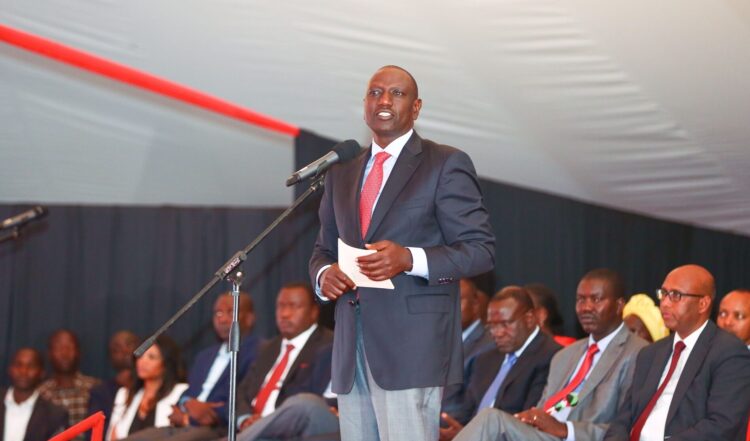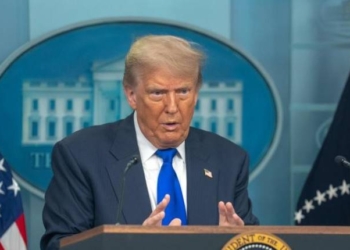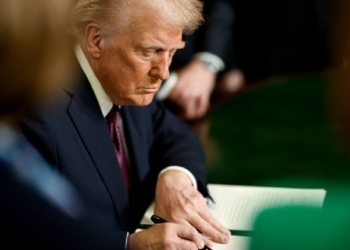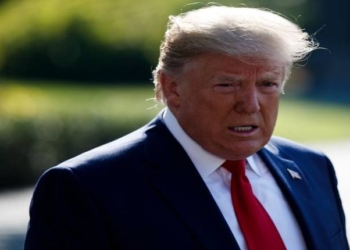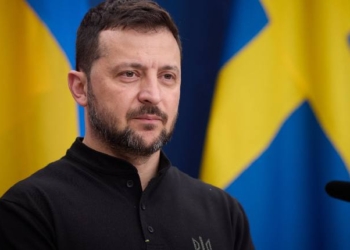Nairobi: The industrial north should honour the commitment to providing capital and technologies required to help African countries cope with the unfolding climate emergencies, Kenyan President William Ruto said.
During his address at the 2023 Ibrahim Governance Weekend underway in the Kenyan capital of Nairobi on Saturday, Ruto stressed that developed nations have a moral obligation to deliver climate justice in Africa, where rising atmospheric temperatures have taken a toll on ecosystems and livelihoods.
“Africa deserves compensation for the losses that climate change has wrought on our economies. We should be assisted to re-engineer green growth,” the President said, adding that Kenya will host the Africa Climate Summit on September 4-6.
Ruto, the chairperson of the Committee of African Heads of State and Government on Climate Change, pledged to utilise his position to lobby for investments required to hasten the continent’s transition to a green and resilient future.
He said despite contributing less than four per cent to global greenhouse gas emissions, Africa has borne the brunt of climate disasters, including droughts, cyclones, and wildfires, Xinhua news agency reported.
He urged multilateral lending agencies to develop climate financing packages that are tailor-made for the African continent, where there is an urgency to help grassroots communities cope with the phenomenon.
Ruto observed that Africa’s huge renewable energy potential offers an opportunity to decarbonise the continent’s economies while unlocking green jobs for the youth. Restructuring carbon markets in Africa should be combined with nature-based interventions in order to hasten the realisation of net-zero ambition in a continent that is home to climate hotspots, including the Sahel and the Horn of Africa.
Joyce Banda, the former president of Malawi, urged developed countries to step up their financial obligation as a means to strengthen climate mitigation and adaptation in Africa.
Banda, who is also the goodwill ambassador of Tropical Cyclone Freddy Recovery of Malawi, decried lacklustre commitment by the industrial north to support climate response in Africa. She emphasised that delivering climate justice in Africa will have spin-off effects, including improved livelihoods for local communities, peace, cohesion, and gender parity.
Mo Ibrahim, the founder and chair of Mo Ibrahim Foundation, a pan-African not-for-profit lobby, suggested market-driven interventions to accelerate low-carbon development in the continent.
By leveraging private capital and fiscal incentives from governments, African countries could plug the funding shortfall that has hobbled the green transition, said Ibrahim.
(IANS)




